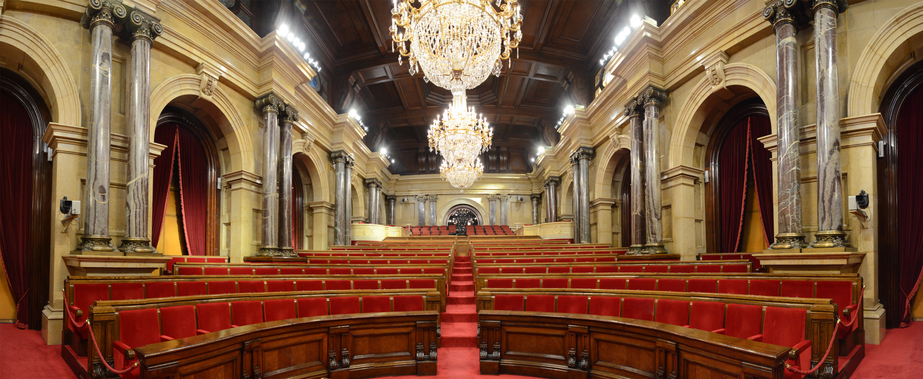
In the Spanish region of Catalunya, a court ruling over the language of instruction in schools may soon result in a a constitutional conflict. The autonomous region’s educational system has generally required all subjects, except actual Spanish, to be taught in Catalan, which is not supported by many parents, especially those who have moved to the region from elsewhere in Spain.
However, after Spain’s supreme court ruled last month that 25% of classes must be taught in Spanish, the Catalan Education Minister Josep González-Cambray sent a letter to more than 5,000 education principals across regions discouraging them from increasing the numbers of hours of education given in Spanish, saying that there should be “no change” in instruction, according to the news agency EFE.
“It is a serious attack on the foundation of the Catalan school perpetrated by a remote court and unaware of the reality of Catalan education centers,” González-Cambray said at a press conference, adding that this was another reason for creating an independent Catalunya. The national government stayed calm, saying the Catalans should respect the courts. The leader of Spain’s main opposition party, Pablo Casado, said that if they did not, the Senate should revoke Catalonia’s right to set its own education policy.
Language of instruction at school has been politically sensitive in Spain for decades. In El País, Rosa Maria Villaró, of the labor union CC OO, criticized the use of language to stoke political division. “Language should never have been judicialized and politicized like this,” she said. “This is not about language quotas but about powers over language policy.” Her union defends the current model, which it views as “a guarantee of social cohesion.”
At the same time, Spain’s Socialist-led minority government garnered the support of regional parties to pass its budget last month in part by promising more children’s television in Basque, and by agreeing to require streaming platforms based in Spain to offer at least 6% of their content in Spain’s main minority languages, Basque, Catalan, and Gallego. Content dubbed into those languages counts, however subtitled programming does not. The Instituto Cervantes and the Acadèmia Valenciana de la Llengua (AVL) have also agreed to collaborate in the promotion of Valencian language and culture, both in Spain and abroad through the network of Cervantes institutes.
Cervantes director Luis García Montero stressed the importance of this agreement and recalled that the role of the Cervantes Institute is to work for “Spanish culture and in Spanish,” since “our mission is to promote all the languages of the country.”
García Montero stressed that “respect for the mother tongue is the best way to respect identity.”
The president of the AVL, Ramón Ferrer Navarro, pointed out that: “Valencians were lucky to have two languages.”
The agreement will run for a period of four years and may be expressly extended at any time before its end for another four years.






